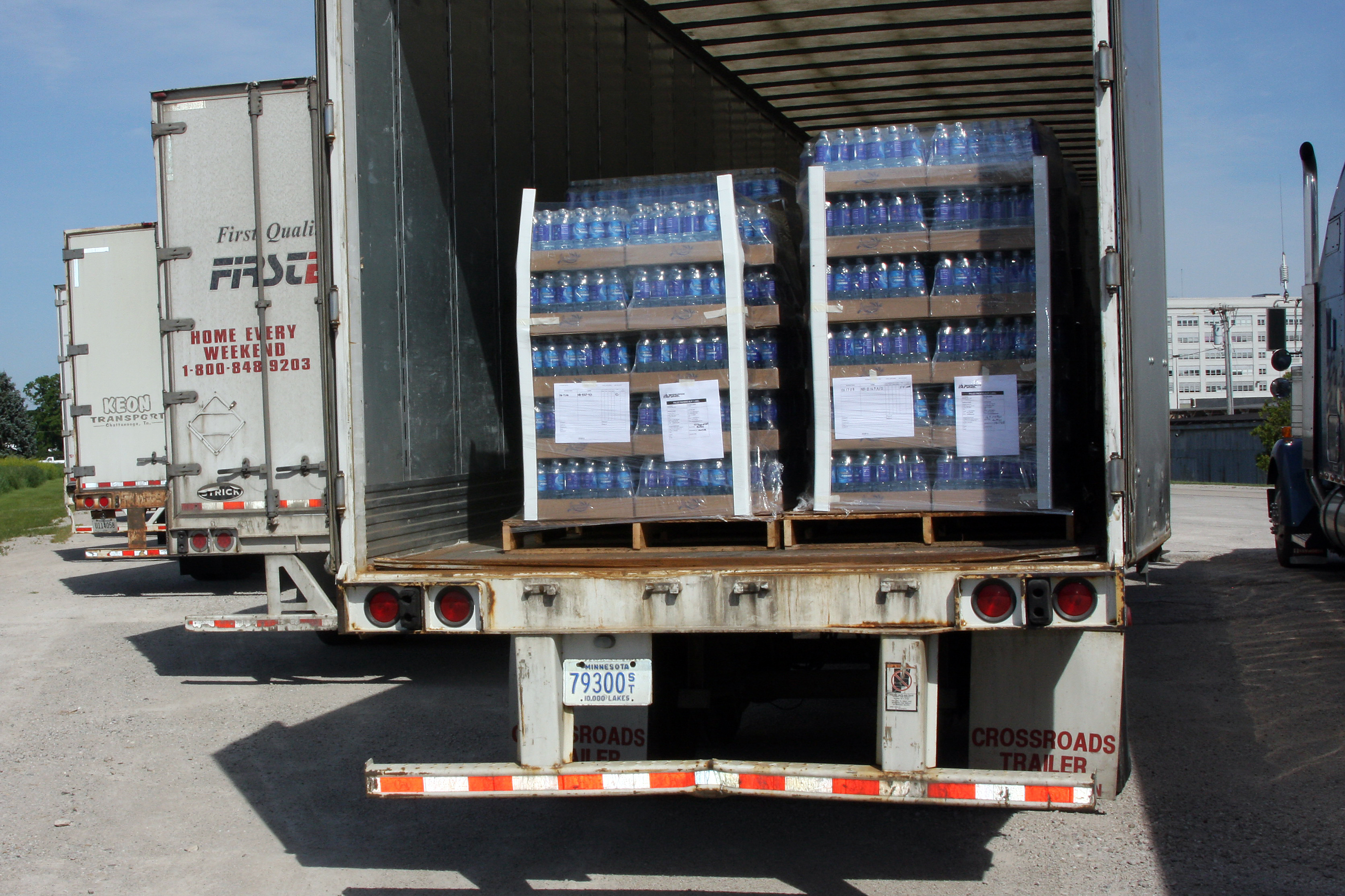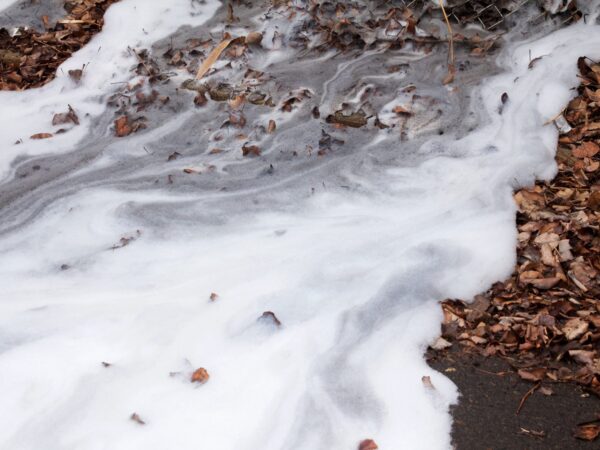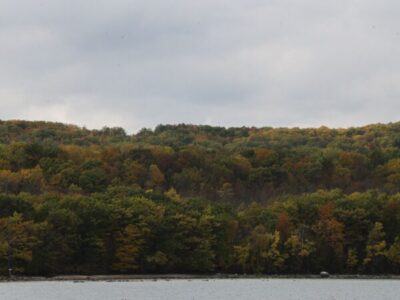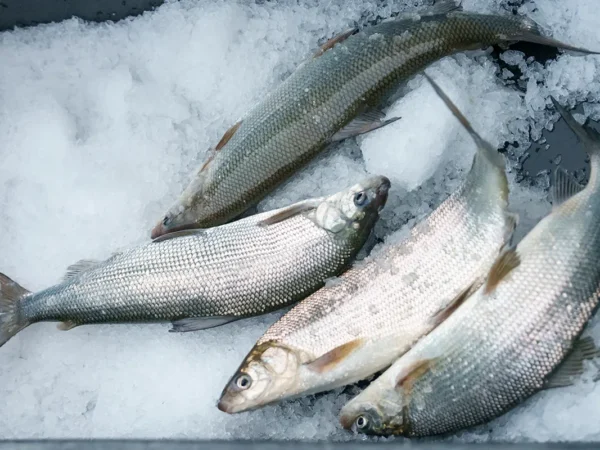
Nestle might be selling its contentious Michigan bottled water brand, but water rights activists in the Great Lakes region aren’t so quick to let go of the issue.
Swiss-based Nestle recently announced it’s looking for buyers for its North America regional brands including Ice Mountain which has operated in Michigan since the early 2000’s. A similar Nestle operation in Ontario, Canada, has already been sold to a local company, Ice River Springs.
Nestle’s Michigan operation has long been the target of protests and legal action by grassroots activists who claim it depletes the local aquifer and damages streams.
“It doesn’t matter to us who owns the wells and the bottling plant,” Peggy Case, board president of Michigan Citizens for Water Conservation told Great Lakes Now.
Case is concerned about a continued draw down of cold-water trout streams and depletion of the aquifer on which the city of Evart depends.
She added that Nestle is allowed to take water that is a common good for a minimal licensing fee and sell it for a profit while “thousands go without clean water and an affordability plan at the state level.”
Until that’s remedied, “we remain on the job,” Case said.
Longtime Canadian water-rights activist and Blue Planet Project board chair Maude Barlow expressed a similar sentiment.
Nestle made a good business decision to get out of the line of fire by exiting Canada, according to Barlow, who formerly advised the United Nations on water rights issues.
“However, it is not a victory until commercial takings of Canadian water for bottling companies is halted completely. We will continue to campaign against water takings in Ontario and across the country, by Ice River Springs or any other bottled water company,” Barlow told Great Lakes Now.
Barlow expressed concern that Nestle would not totally exit the Ontario bottled water business and remain a silent partner after the sale, allowing it to avoid being a target.
Nestle said that’s not the case as the purchaser of its Ontario operation, Ice River Springs, “will fully own the Canadian Nestlé Pure Life water bottling business,” according to a company spokesperson.
Pressure from environmental groups played no role in Nestle’s decision to sell its Ontario operation or in the potential sale of its Michigan business, the spokesperson said.
In the announcement of its new strategy, Nestle emphasized its commitment to sound environmental stewardship pledging “to make its entire global water portfolio carbon neutral and replenish associated watersheds by 2025.”
The company addressed another frequent criticism of its business practices by saying it has committed to reduce its use of virgin plastic by half.
More complicated in Michigan
A sale of its Michigan business may not be as straightforward as the recent transaction in Ontario.
A legal proceeding is still playing out based on the 2018 decision by Michigan’s Department of Environment, Great Lakes, and Energy to allow Nestle to increase the amount of groundwater it takes.
Case’s Michigan Citizens for Water Conservation group challenged the decision via a contested case but an administrative law judge upheld the original decision of the previous administration of Michigan Gov. Rick Snyder.
The 2018 decision to allow Nestle to make additional withdrawals was made in spite of overwhelming public sentiment against it.
Gov. Gretchen Whitmer as a candidate in 2018 capitalized on the public outrage by campaigning for office on finding a way “to control the siphoning of water for water bottling and my administration will work to see it done.”
EGLE director Liesl Clark will make the final decision and it “will be driven by the science of protecting the environment and public health, within the bounds of statute that define the options available to EGLE,” said spokesperson Scott Dean.
There is no deadline for Clark to make a decision, Dean said.
Nestle declined to comment on any legal impact of a potential sale of its Michigan bottled water business.
“While we remain confident regarding our legal position on the permit in question in Michigan, we’re not going to speculate about the ongoing strategic review or possible outcomes,” a spokesperson said.
Whatever happens, Case plans to remain diligent against what she sees as the perils of privatization of water.
“Our work continues until the human right to water and the needs of ecosystems are secured,” Case said.
Catch up on more Great Lakes Now coverage of Nestle and water withdrawals in the Great Lakes:
Nestle Prevails: Law judge sides with water bottler in water withdrawal case
Mounting Pressure: Groups call on Michigan governor to lead on key Great Lakes issues
API key not valid. Please pass a valid API key.Featured image: Pallets of bottled water are loaded in trailer trucks. (Photo by Robert Kaufmann via wikimedia cc 3.0)




